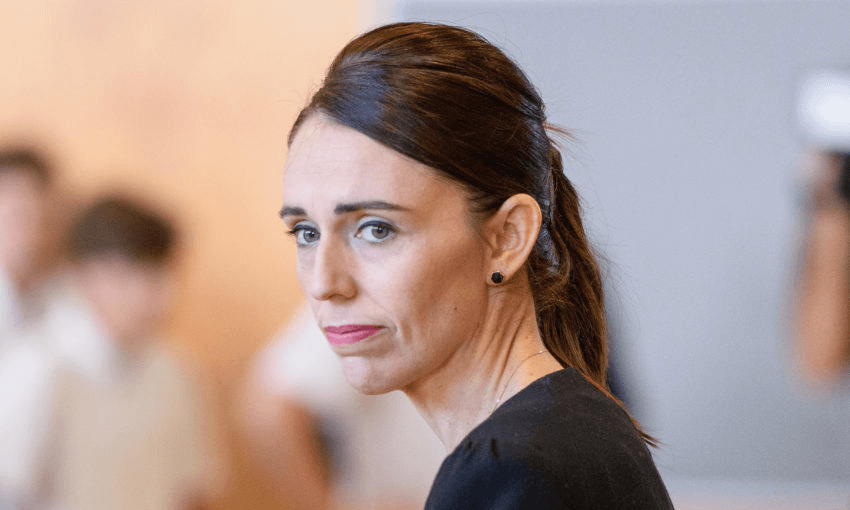The global trophy cabinet swells for the NZ prime minister with a silver in the UK magazine Prospect’s ranking.
While you might not guess it by listening to, say, Mike Hosking, the star of Jacinda Ardern continues to shine bright in the international firmament.
Not only has the Nobel winning economist Joe Stiglitz judged the Ardern-led response to Covid-19 to be the best in the world, now readers of the British magazine Prospect have ranked her second in the world in a list of the world’s top 50 thinkers for the Covid-19 age.
Ardern had been recognised, according to the cerebral politics and culture monthly, chiefly for the response to the pandemic. “Her governing ‘ethos of kindness’ was drawing interest as a refreshing (if hazy) alternative to neo-liberalism even before it showed practical results in keeping a lid on the crisis,” wrote the editors. “It always sounded rather airy – until she showed how it could be put to practical effect in the coronavirus context, and achieved some of the world’s best results.”
Prospect had earlier characterised Ardern as follows: “By bringing her baby to the UN General Assembly she grabbed the world’s attention, but over three years in office Ardern has proved to be more than a media favourite. Her ‘ethos of kindness’ sounded a vague way to transcend neoliberalism, but she’s steadily shown what it means in fields from child welfare to the environment. Her instinctive, bridge-building leadership after the Christchurch mosque massacre was an inspiration. And her Covid-19 strategy – devised in lockstep with chief scientist Juliet Gerrard – built with intelligence and empathy on a foundation of unflinching honesty to achieve some of the world’s best results.”
Voted top world thinker was KK Shailaja, the socialist health minister in the Indian state of Kerala whose leadership of previous disease outbreaks, as well as the current crisis, has been acclaimed around the globe. “So deft was her handling of a 2018 outbreak of the deadly Nipah disease that it was commemorated in a film, Virus. In 2020, she was the right woman in the right place. When Covid-19 was still ‘a China story’ in January, she not only accurately foresaw its inevitable arrival, but also fully grasped the implications,” wrote Prospect. “As we go to press, confirmed Covid-19 deaths in the state – which has average incomes an order of magnitude lower than Britain’s, and just over half the population – were not yet 1% of ours.”
Given the Prospect readership is predominantly British, the acclamation for Shailaja and Ardern is arguably as much as anything an implicit condemnation of the leadership at Westminster, just as the glowing American reviews of Ardern can be read at least in part as a repudiation of Donald Trump, as epitomised by Vogue magazine’s moniker for the New Zealand prime minister: the “anti-Trump”.
The top 10 on the Prospect list, which attracted around 20,000 votes, was “less chin-stroking, more hands-on” than previous results. “Fifteen years ago, Prospect was reasonably criticised when its top 100 Global Thinkers featured just 10 women; today seven of the top 10 are female.”
Ardern’s most committed critics have argued that accolades from abroad reflect a penchant for strutting the world stage while neglecting domestic priorities, but that line of attack will struggle at a moment when global travel has come to a standstill. And the trophy cabinet of international recognition is inarguably impressive. It includes:
In 2018 and 2019 Ardern was named in the Time list of the world’s 100 most influential people.
In April 2019 she was named world’s second greatest leader by Fortune magazine.
In June 2019 she was voted the most trusted politician in Australia.
In January 2020 she was named Pacific Person of the Year.
In May 2020 the Ardern-led response was ranked first in the world for Covid-19 communications.
In July 2020 she was named the world’s most eloquent leader.
And in September 2020 she was voted second top thinker in the world by Prospect magazine.





